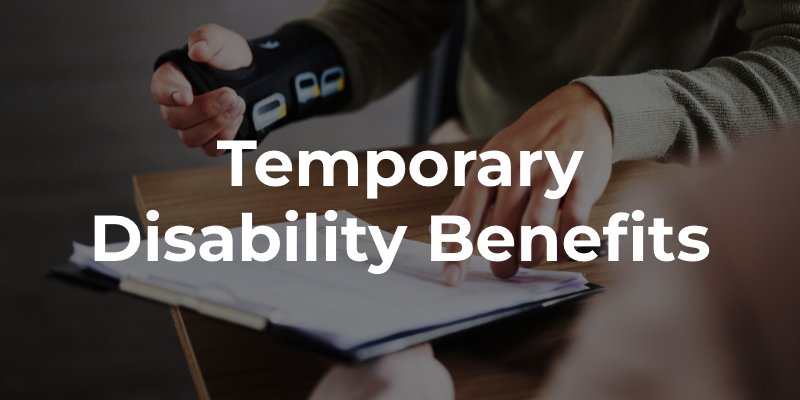Our attorneys have been assisting the Orange County and Southern California communities for over 40 years.
What are total disability benefits available through California workers’ compensation? Understanding the different types of benefits available after a work injury can be confusing, particularly if the injury caused a long-lasting or permanent disability. Total disability benefits are available for situations where an injury prevents an individual from carrying out any job-related duties. If you or a loved one have been harmed on the job, we encourage you to speak to a lawyer with experience handling complex work injury claims, particularly if you have been disabled and likely will not be able to work for some time or ever again.

Temporary disability benefits provide financial assistance to workers temporarily unable to perform their work duties due to a workplace injury or illness. These benefits are a critical part of the California workers’ compensation system, ensuring that injured employees can maintain some level of income while they recover.
View of the situations that may require a person to go on temporary disability include:
The main two types of temporary disability benefits in California are:
There are several factors that can affect how long a person receives benefits and how much compensation they receive. Some of these factors include:
If you have been injured on the job, the steps you need to take right now include:
Navigating the workers’ compensation system can be challenging, and claims for temporary disability benefits can sometimes be denied or delayed. Common reasons for denial include insufficient medical evidence, missed deadlines, or disputes about whether the injury is work-related.
If you encounter difficulties in obtaining your benefits, it is crucial to consult with an experienced workers’ compensation lawyer. A work injury lawyer in San Bernardino can help you gather the necessary medical documentation, meet deadlines, and represent your interests in disputes with the insurance company or employer.